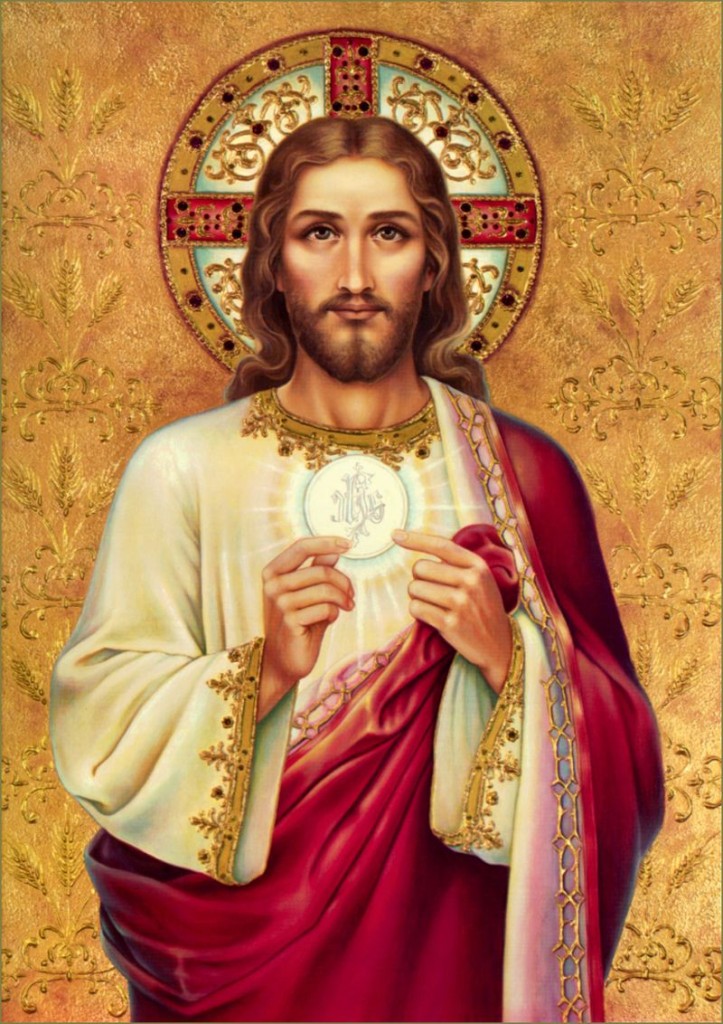|
Closing out Part 3 of The Lord, we’re presented with some very difficult questions. God offers to us salvation, eternal life through His Son. The only thing asked in return is that we believe, that we have faith in Him. But make no mistake about it, believing is not easy. At all times we are inundated with doubts and prejudices that relentlessly chip away at our faith. Take the Bread of Life discourse, for example (John 6:22-71). The crowd that Jesus had fed with the loaves and fished had been searching for Jesus again, and they finally find him on the other side of the sea. Jesus remarks that they are looking not because of the miracle they saw, but because they enjoyed the food he gave to them. He urges them not to work for food, but to work for God. They ask what they must do in order to perform the works of God. Jesus replies that they merely need to believe. “What sign are you going to give us then, so that we may see it and believe you?” Jesus then recalls the bread that came from heaven when the Jews were being led by Moses. He calls himself the true bread that comes from heaven. The crowd is reasonably appalled. They are faithful Jews. The sacrificial feast is central to their lives. Who is this man to suggest that he is from heaven, and that he is the bread we shall eat? It’s preposterous! Jesus reiterates that he is the bread which must be eaten in order to have eternal life. “Very truly, I tell you, unless you eat the flesh of the Son of Man and drink his blood, you have no life in you. Those who eat my flesh and drink my blood have eternal life, and I will raise them up on the last day; for my flesh is true food and my blood is true drink.” At this, the crowd abandons him. This is a ridiculous thing he is asking us to believe. We cannot bear it. Only the Twelve remain.
There is also the much larger and certainly more difficult question of why God sent his Son in the way He did. Why does the Son come in the form of a man, who is able to be doubted and denied? If salvation was the plan, why would God not simply reveal Himself in His full omnipotence, making Himself undeniable? It’s certainly within His power. Why would He even give us the room to not believe, when it seems it would be so simple to compel us all to believe, and thus to save us all? I don’t pretend to know the answer to this question, nor do I think anyone truly can answer it. At the end of the day, it is all divine mystery. We can poke and prod at it, putting the best minds humanity has to offer to the task, but man will never be able to comprehend the will of God. But understanding isn’t what is asked. Humble belief is, admitting to our own inadequacy and having faith in the One whom the Father sent. St. Peter provides an example for us. When the crowd abandoned Jesus, Jesus turned to the Twelve and asked “Do you also wish to go away?” Peter’s reply comes from the heart of one who understands that he will never understand, but whose faith compels him. “Lord, to whom can we go? You have the words of eternal life. We have come to believe and know that you are the Holy One of God.” In other words, “I don’t understand, but I trust in you.” It’s a profound humility that Peter is demonstrating here, on behalf of the Twelve. It’s that kind of humility that will fortify belief. We will always have doubts and questions and struggles with regard to matters of faith. That’s fine. That’s human! These things help to drive us deeper into the mystery, as we yearn to understand more about God. But it takes humility to hold all of these doubts and still be able to say “I trust in you.” It’s that kind of humility which we ought to pray for every day. We ought to pray “I believe; help my unbelief!” (Mark 9:24)
0 Comments
|
Series Info
Every day of Lent, I am writing a reflection piece on two chapters of "The Lord" by Romano Guardini. If you'd like to read or follow along, you can find the full calendar of where we're at below, or Click Here for the main landing page. Archives
April 2020
Categories
All
|

 RSS Feed
RSS Feed